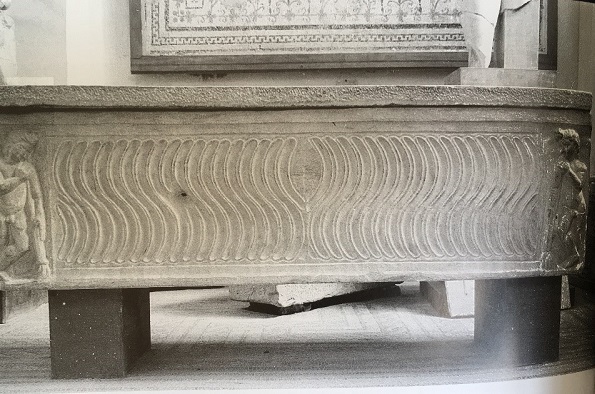
Classics and Ancient History Seminar Series: 'Why aren't there Vandal women? Gender, ethnicity, and dynasty in Vandal North Africa (439-533 CE)' (Robin Whelan, University of Liverpool)
- Ben Cartlidge
- Admission: Free
Add this event to my calendar
Click on "Create a calendar file" and your browser will download a .ics file for this event.
Microsoft Outlook: Download the file, double-click it to open it in Outlook, then click on "Save & Close" to save it to your calendar. If that doesn't work go into Outlook, click on the File tab, then on Open & Export, then Open Calendar. Select your .ics file then click on "Save & Close".
Google Calendar: download the file, then go into your calendar. On the left where it says "Other calendars" click on the arrow icon and then click on Import calendar. Click on Browse and select the .ics file, then click on Import.
Apple Calendar: The file may open automatically with an option to save it to your calendar. If not, download the file, then you can either drag it to Calendar or import the file by going to File >Import > Import and choosing the .ics file.
Robin Whelan is Lecturer in Mediterranean History at the University of Liverpool. His first book, Being Christian in Vandal Africa, was published earlier this year by University of California Press.
